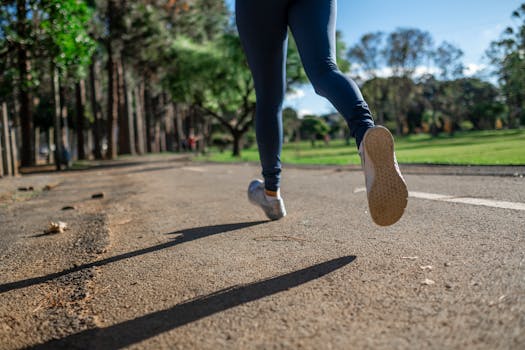
Understanding Your Racing Heart
Have you ever wondered why your heart seems to pound out of your chest after a run? This is a natural response, and it actually plays a crucial role in your health and fitness.
The Science Behind a Racing Heart
- Increased Oxygen Demand: When you run, your muscles need more oxygen to produce energy. Your heart pumps faster to deliver this oxygen-rich blood throughout your body.
- Removal of Waste Products: Running produces waste products like carbon dioxide and lactic acid. A faster heartbeat helps your body clear these quickly.
- Adrenaline Rush: Physical activity prompts the release of adrenaline, a hormone that naturally increases heart rate to prepare your body for action.
How Long Does the Racing Last?
Everyone’s body is different, but typically, your heart rate should return to its normal resting pace within a few minutes after you stop running. How quickly this happens depends on your fitness level, intensity of your run, and hydration status.
Should You Be Concerned?
- If your heart continues racing for a long time or you experience dizziness, chest pain, or shortness of breath, you should seek medical attention.
- For most people, a racing heart after exercise is a sign of a healthy response to physical activity.
Conclusion
Your racing heart after running is a natural way your body adjusts to meet increased physical demands. With regular exercise, your heart will get stronger and more efficient over time!
Comments
Post a Comment